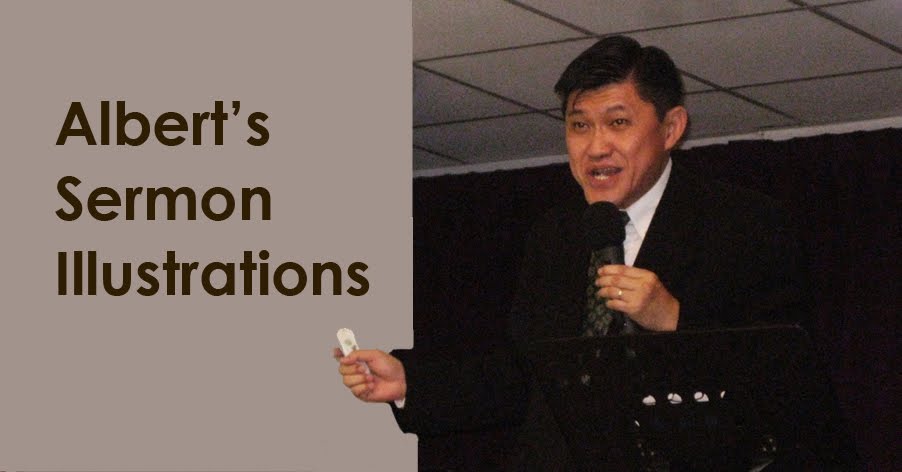God made two great lights--the greater light to govern the day and the lesser light to govern the night. He also made the stars.(Genesis 1:16)
The Lord created the sun and the moon. The bible is clear that the 'greater light' was created to govern the day and the 'lesser light' to govern the night.
Those who reject the creation story, mock at this verse. They say that we all know that our solar system is only one of those in the hundreds of billions of galaxies in the universe. Each of the galaxies may have 10 billions stars but some have ten times that number. Therefore there are billions of solar systems in the billions of galaxies.
To these non-believers, how can this creation story be true? To state that God only created two sources of light proves that the believers are naive and the bible is not accurate at all.
Yet, the same critics of God's creation use terms like 'sunrise' and 'sunset'. Don't these people know that the sun does not rise nor does it set? If we were to use the same measure that these atheists wield, can we accuse them of being ignorant? Of course not!
Since both believers and unbelievers live on earth and therefore from our earthy perspective, the sun and moon do rise and set. It is therefore nothing wrong or ignorant to use terms like 'sunrise and sunset' or 'moonrise and moon-set'. God is very wise! He gives us terms that we can understand and appreciate from our perspective.
What terms would you use to describe the 'morning' and 'evening' to young children? Would an elaborate scientific description be more appropriate than 'sunrise' and 'sunset'? If you were to be God, what terms would you used to describe the sun and moon to Adam and Eve? From the perspective of our first parents, there were two great lights in the sky. The rest of the elaborate scientific facts of the universe is then left for their descendants to discover.
Since that time when God told Adam and Eve about the great lights, the heavens continue to declare the glory of God (Psalm 19). From the 10,000 stars visible to the naked eyes, we now use the materials from God's earth and make super telescopes to view the heavens.Since the last 500 years, we understand more about our world and the universe at large.
The immense size of our universe can only speak of God's wonderful creation. Imagine the closest star next to our solar system which is called Alpha Centauri, is four light years away. That is a very far distance because light travels at 186,300 miles (299,820 km) and if we can travel constantly at that speed, it will take more than four years to reach it. Traveling there with normal driving speed will mean reaching there in 30 million years. Now consider the nearest galaxy, the Andromeda - it is 1.5 million light years away. Imagine, even at the speed of light, we will never be able to reach in 1.5 million years. The farthest comic object that the astrophysicists can see with their super telescopes is said to be 20 billion years away.
The immense size of our universe can only speak of God's wonderful creation. Imagine the closest star next to our solar system which is called Alpha Centauri, is four light years away. That is a very far distance because light travels at 186,300 miles (299,820 km) and if we can travel constantly at that speed, it will take more than four years to reach it. Traveling there with normal driving speed will mean reaching there in 30 million years. Now consider the nearest galaxy, the Andromeda - it is 1.5 million light years away. Imagine, even at the speed of light, we will never be able to reach in 1.5 million years. The farthest comic object that the astrophysicists can see with their super telescopes is said to be 20 billion years away.
How are we able to even comprehend the greatness of the One who created all these? David realized this long ago and thus in his ancient song, he declared in Psalm 19:1-4 -
1 The heavens declare the glory of God;
the skies proclaim the work of his hands.
2 Day after day they pour forth speech;
night after night they reveal knowledge.
3 They have no speech, they use no words;
no sound is heard from them.
4 Yet their voice goes out into all the earth,
their words to the ends of the world.
the skies proclaim the work of his hands.
2 Day after day they pour forth speech;
night after night they reveal knowledge.
3 They have no speech, they use no words;
no sound is heard from them.
4 Yet their voice goes out into all the earth,
their words to the ends of the world.


No comments:
Post a Comment